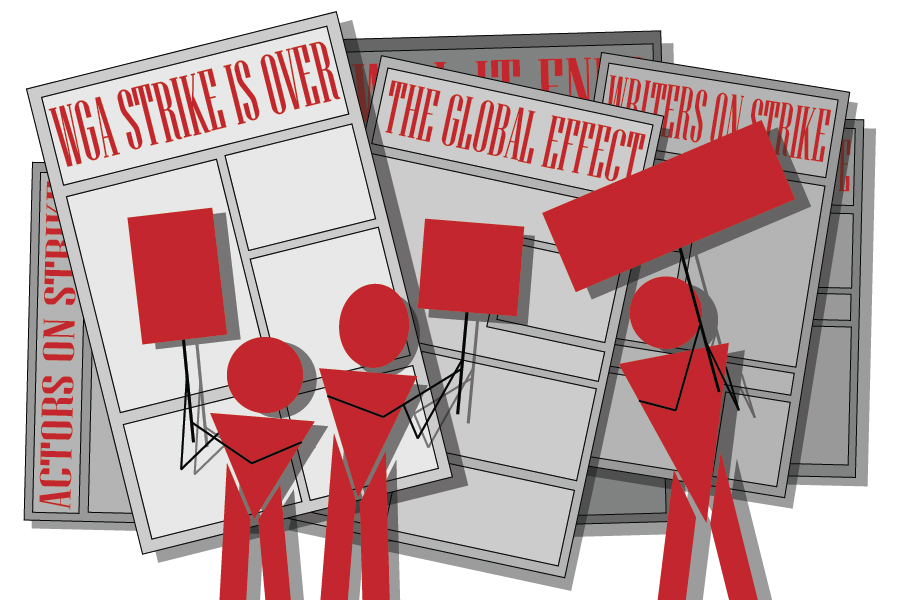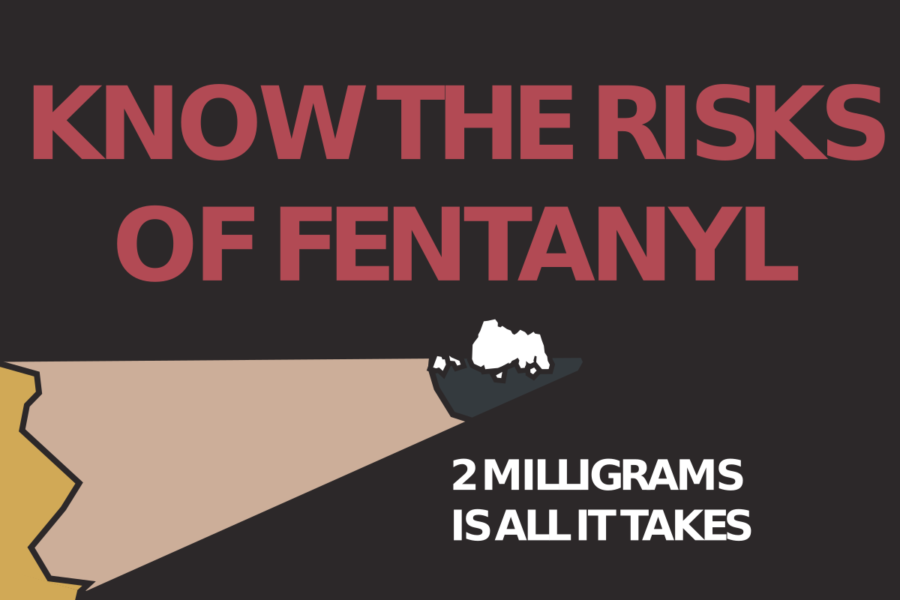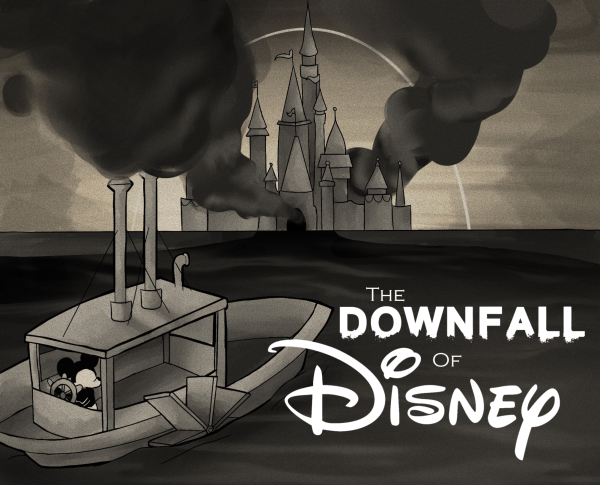Protect the oceans
May 6, 2016
The ocean is filled with life, wonder and the unknown. It is a different world that has barely been explored, but it’s being damaged by trash, oil spills and other avoidable disasters. Trash continuously harms sea creatures, and humans constantly change the environments of many animals that either use the sea, or live in the sea. 5.25 trillion pieces of trash have been found in oceans across the globe according to National Geographic.
The issue of climate change, pollution and global warming can have the same effects on the oceans as it does on land. Plankton in the ocean produce a majority of oxygen that people breathe everyday. As the oceans become more polluted with garbage and oil, these plankton could die, and all animals could suffer consequences from their loss.
Some would say that the ocean is too big to be affected by humans, but in reality, no matter how big the ocean is, any damage done to it will have significant consequences. Recently, the gulf oil spill disaster in 2010 that involved BP destroyed many habitats, and killed many sea creatures because of the amount of oil. Oil scattered throughout the Gulf of Mexico, closed many beaches, and caused destruction.
It also left oil on many beaches, which in turn affected land animals including humans, who use the beach. This one disaster caused many animals to be displaced, or killed because of something that could’ve been prevented.
Society can prevent the oceans from being destroyed by quickly adopting the use of clean energy such as wind turbines, and solar power. Rock Port, Missouri, a smaller city, is the first U.S. city to use 100% wind power. In Rock Port, they use five massive wind turbines built in agricultural land inside city limits to power the city. While many cities these days don’t have much agricultural land, power can be drawn from farther distances such as some of the smaller cities in the areas. This would limit the amount of disasters caused by oil rigs, and could give the ocean a break from such disasters. Vehicles are already moving towards more environmentally friendly gas such as E85 gas that uses 85% of ethanol. Now while this doesn’t totally remove fossil fuels, it does limit its effects.
Clean energy would also help the world as a whole by lowering pollution, and lessening the effects of global warming. Clean energy would save the planet, and it’s time to abandon the use of fossil fuels, a resource that has its limits, to something that could never run out, and would help the planet. Now, while fossil fuels are a vital part in today’s society, moving slowly towards clean energy is better than not changing anything at all. Clean energy is the answer.



















